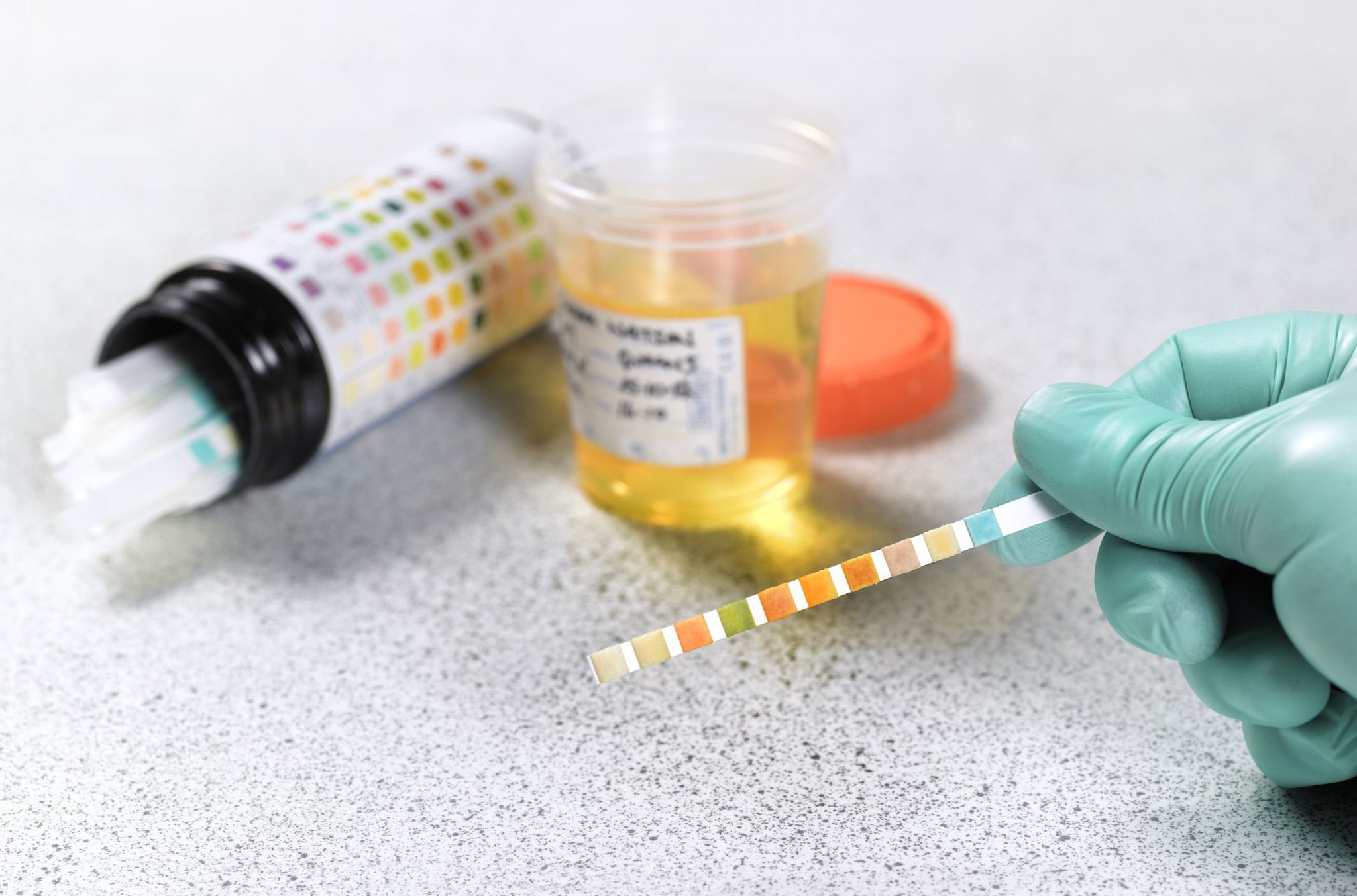Although California has fully legalized cannabis, workers can still be tested for THC while employed or applying for a job, even though experts agree that tests cannot reliably prove cannabis impairment. A bill currently under consideration in the state would protect workers from discrimination over off-duty cannabis use.
California Assembly Member Bill Quirk (D) introduced Bill 2188 in February 2022. It passed the chamber in May, and on August 11 passed the Senate appropriations committee. Lawmakers now have a week to pass it before the session ends on September 1. If it passes, Governor Gavin Newsom (D), fresh from vetoing safe consumption site legislation, will have until September 30 to sign or veto it.
“I have heard grocery store workers that tripped or fell off a ladder and they were denied their workers’ compensation because their employer required them to take a urine test,” Jenny Phan told Filter. Phan is an employee at cannabis dispensary MedMen Long Beach, and a union member of UFCW Local 324, which represents cannabis workers.
A urine test “detects past use instead of most recent use,” she continued. “If it comes positive for someone who consumed cannabis two months prior, they use that as leverage to deny workers something as essential as workers’ compensation.”
Bill 2188 would make it illegal for employers to discriminate against an employee or potential hire solely due to cannabis use off the job. They would no longer be permitted to make such decisions based on a drug test that shows “nonactive cannabis metabolites” in a person’s urine, hair or blood. The bill doesn’t apply to construction or building workers, or those required to do federal background checks. Commercial truck drivers, for example, would still be required to undergo mandatory testing.
Employers could continue to use “impairment tests” that measure workers’ performance, and tests that show active THC in a person’s body. They could also test workers for other illegal drugs. Cannabis remains federally illegal, and under current California law—and a 2008 state Supreme Court decision—employers are not obligated to accommodate an employee’s state-legal cannabis use.
“The inactive metabolite, the interpretation of that is almost meaningless.”
One question at issue is the difference between “active” and “nonactive” cannabis metabolites. Delta-9 THC, which helps make you feel “high,” is one of the main psychoactive ingredients in cannabis. But your body rapidly breaks down THC into an inactive metabolite, carboxy-THC. This molecule can remain in the body for days or weeks after your cannabis use.
“The inactive metabolite, the interpretation of that is almost meaningless,” Joshua DeBord, a forensic toxicologist and chemist at the Center for Forensic Science Research & Education, told Filter. “In the context of California’s law it makes sense not to include those compounds when it comes to a pre-employment drug screen.”
That sums up why experts—and now, increasingly, politicians—agree that results which only show carboxy-THC don’t prove impairment. They can’t prove someone smoked up or consumed cannabis while on the job, or came to work high. Even the Congressional Research Service admits the basic science here.
As Medical News Today notes, not all marijuana tests are created equal. Urine, hair and blood tests will detect THC for days after use, but saliva tests detect for a relatively shorter time. (Detection time is also influenced by other factors, like how frequently you use and your body type.) But don’t fall for thinking saliva tests are necessarily better. A 2019 University of Sydney study found that marijuana saliva tests produced significant errors, giving both false positives and negatives.
Scientists are now working on the marijuana test of the future—using infrared brain scans to detect impairment. One wonders why our society, amid catastrophic environmental collapse, commits scientific minds to trying to catch people using a relatively harmless drug.
“If the state will accept people who use marijuana as responsible citizens, then it makes logical sense to follow that you would not use marijuana use as an excluding result,” DeBord said.
Employers fight against accommodating cannabis users largely because of misconceptions.
While 19 states and the District of Columbia have fully legalized cannabis, worker protections lag far behind. According to Bloomberg Law, just six states—Montana, Nevada, New Jersey, New York and Connecticut—protect workers’ off-duty cannabis use. This year alone, lawmakers in five other states—three of them fully cannabis-legal—tried and failed to codify into law worker protections for adult or medical cannabis use.
Employers fight against accommodating cannabis users largely because of misconceptions. The notion of their being lazy, unproductive or unsafe “is the narrative,” Phan said. “That cannabis users are a certain type of people, where we’re less capable of performing the same job duties as someone who doesn’t consume cannabis.”
On top of all that, federal law requires that federal agencies and contractors maintain a “drug-free” workplace. Unions like the American Federation of Government Employees are taking this fight all the way to Washington, DC, throwing their support behind marijuana legalization while calling for provisions to make sure the nation’s 2.1 million federal government employees aren’t discriminated against for cannabis use.
And for workers who are involved in accidents, drug tests can be an easy way to terminate them and deny benefits—like a casino worker in Las Vegas who slipped and fell, then was fired by his employer in July 2020 for testing positive for THC.
These policies are based on drug-war stigma, rather than reality. A 2020 study found “no association between past-year cannabis use and work-related injury.” They also have a racist impact; a 2013 study showed that overall, Black and Hispanic workers were more likely to work for an employer that drug tests.
Correction, September 12: This article has been edited to correct a quote of Joshua DeBord’s in which he misspoke about THC in urine testing.
Photograph of urine test by Cambodia, PI Network via Flickr/Creative Commons 2.0.




